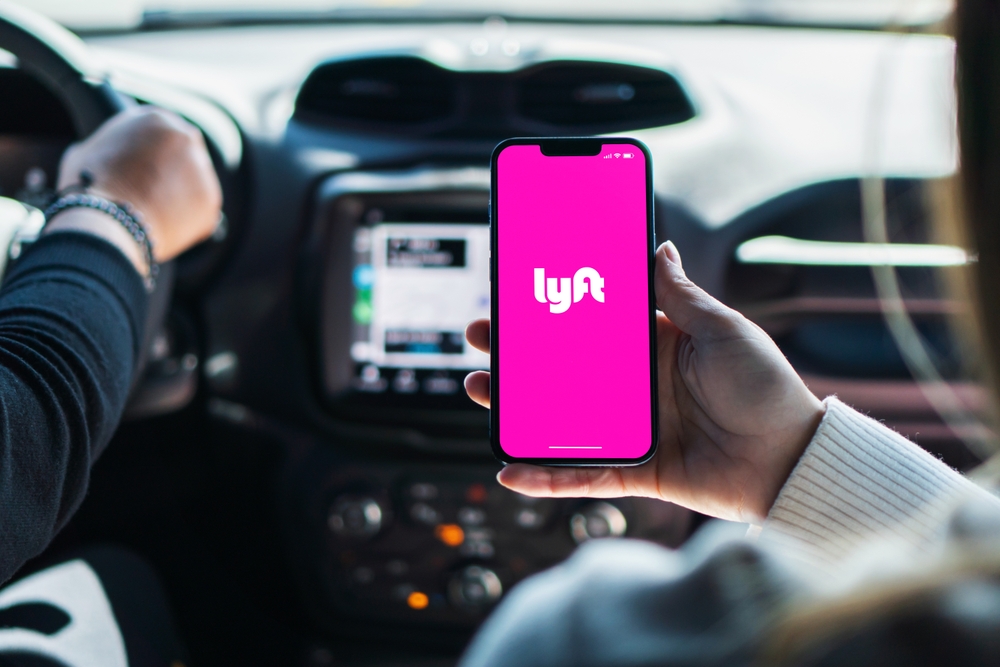The Federal Trade Commission has initiated a significant lawsuit against Lyft, alleging that the rideshare company engaged in deceptive advertising practices that misled drivers about their potential earnings. This legal action, filed by the U.S. Department of Justice on behalf of the FTC, highlights serious concerns regarding Lyft’s claims about driver pay and earnings guarantees.
Background of the lawsuit
The FTC’s vote to authorize the DOJ to file the complaint in U.S. District Court for the Northern District of California passed with a narrow 3-2 majority. The lawsuit stems from Lyft’s advertising strategies during a period of heightened demand for rideshare services in 2021 and 2022. During this time, Lyft promoted eye-catching hourly earnings, suggesting that drivers could earn up to $33 in Atlanta, $41 in Portland, Oregon, and an impressive $43 in Los Angeles. However, these figures were based on the earnings of the top 20% of drivers, which did not accurately reflect the earnings of the majority of drivers.
Misleading earnings claims
According to the FTC, Lyft’s advertisements inflated average earnings by as much as 30%. Many drivers were led to believe that the advertised earnings were their expected take-home pay, not realizing that tips were included in these figures. This misrepresentation created a false sense of financial security for many drivers, who assumed that tips would be an additional source of income on top of their hourly earnings.
Promises of earnings guarantees
In addition to misleading hourly earnings claims, the lawsuit also addresses Lyft’s promotion of “earnings guarantees.” Lyft advertised that drivers could earn $975 for completing 45 rides over a weekend. However, many drivers expressed disappointment upon discovering that the earnings guarantee was not an additional bonus but merely a supplement to their actual earnings. This misunderstanding led to a flood of complaints from drivers who felt misled by Lyft’s marketing strategies.
FTC chair’s statement
According to The Verge, FTC Chair Lina M. Khan emphasized the importance of holding companies accountable for misleading claims, stating, “It is illegal to lure workers with misleading claims about how much they will earn on the job. The FTC will keep using all its tools to hold businesses accountable when they violate the law and exploit American workers.” This statement underscores the FTC’s commitment to protecting gig economy workers from deceptive practices.
Settlement terms
As part of the proposed settlement, Lyft has agreed to revise its advertising practices to ensure that pay claims accurately reflect typical driver earnings. The company will no longer include tips as part of its advertised hourly earnings and must clarify to drivers that earnings guarantees are intended to bridge shortfalls rather than serve as bonuses. Additionally, Lyft is required to maintain accurate records of its pay statements to substantiate its claims moving forward.
Financial penalties and broader implications
The settlement includes a civil penalty of $2.1 million and mandates that Lyft inform drivers about the revised policies. This legal action is part of a broader initiative by the FTC to protect gig economy workers from false earnings claims. In recent years, the FTC has taken similar actions against other companies, including Amazon and HomeAdvisor, securing millions in redress for misled workers.
The FTC’s lawsuit against Lyft serves as a critical reminder of the importance of transparency in the gig economy. As more individuals turn to rideshare services for income, it is essential that companies provide accurate information about earnings and working conditions. The outcome of this lawsuit may set a precedent for how rideshare companies advertise their services and treat their drivers in the future.















